How the Keto Diet Helps Women Over 50 Make Menopause Enjoyable
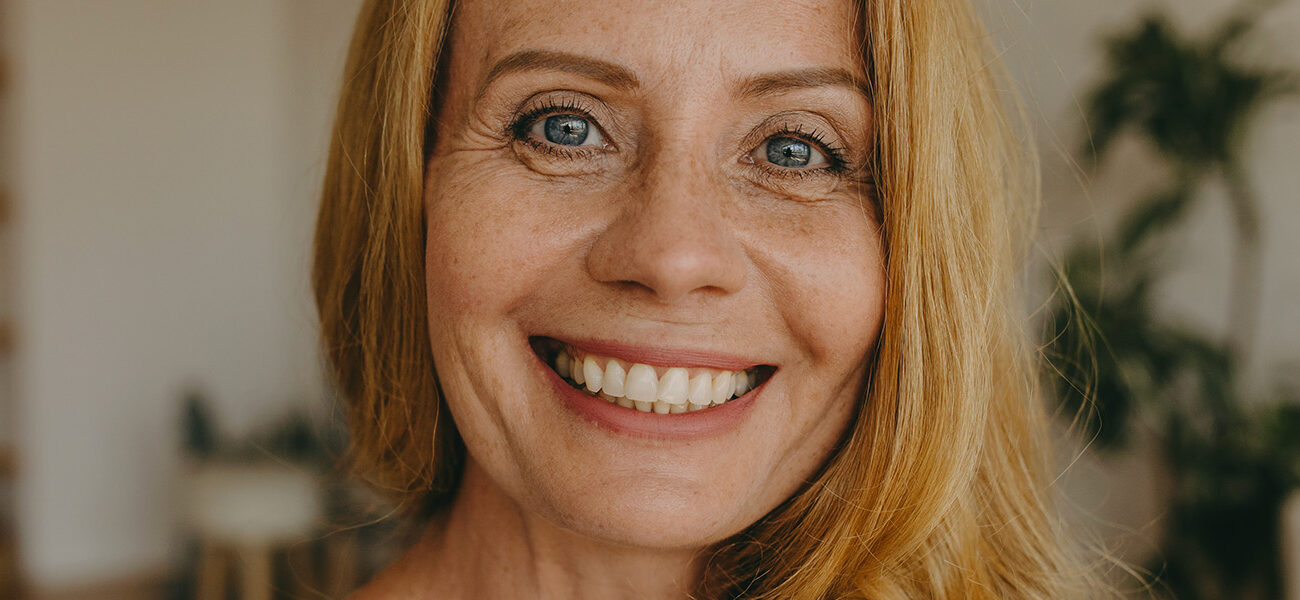
I remember my mom mentioning the woes of menopause — but I had no idea it was THIS terrible for many women.
As the GP in my family, I started hearing my aunts and mother-in-law say:
“I’m tired all the time but… still can’t sleep.”
“Yeah… the hot flashes keep me awake all night.”
“And then when I get up in the morning my brain is so foggy.”
“Oh… and I just had to buy new clothes because I went up a size.”
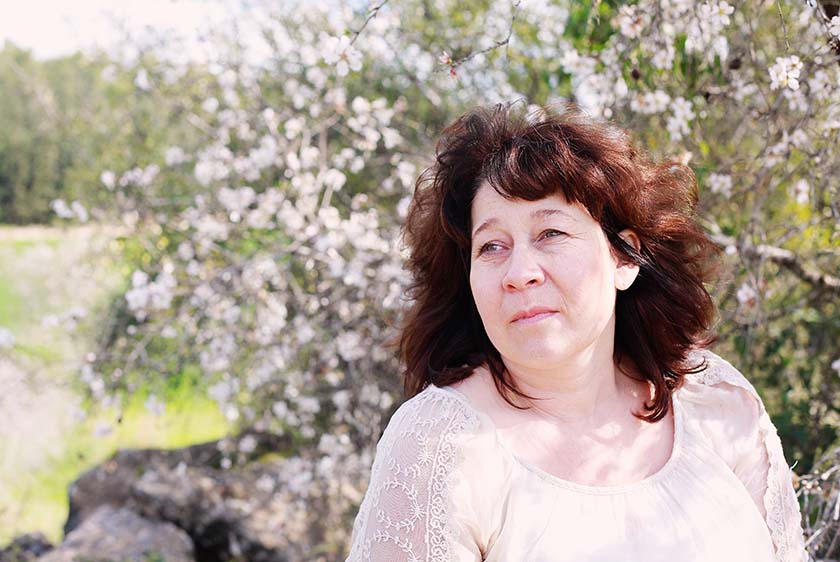
I didn’t always know what to tell them… Medical school taught me that there was no cure and that it was only possible to relieve symptoms.
It was disappointing. With time and talking to plenty of women in my practice, I learned a few lessons that I’m about to share here.
The key thing I realized – most women will struggle during menopause BECAUSE they’re limited by their poor health choices, not menopause itself.
And that the negative symptoms can be addressed (maybe even prevented!) by introducing a couple of simple, yet highly effective changes.
So, let’s get into how to care for your well-being when you’re over 50.
The Biggest Threat to Menopausal Health
The biggest threat to your health is extra weight — it greatly increases your risk for cardiovascular disease, dementia, diabetes, and other big killers.
When it comes to female health, hormones like estrogen and progesterone usually steal the show, but the most important hormone to keep an eye on during menopause is insulin.
Insulin’s stage name is “The Fat Storage Hormone”, but its effects go way beyond weight gain because it directly affects so many other hormones.
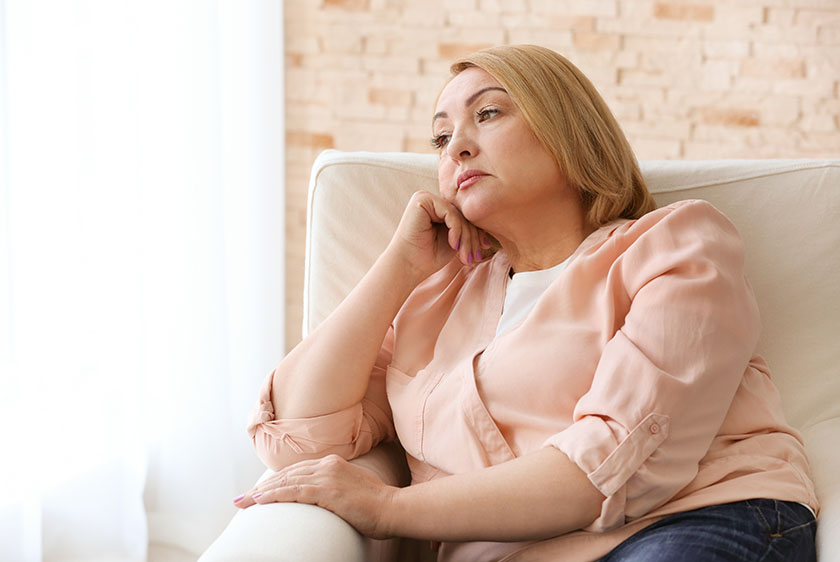
It’s an unfortunate fact, but as we near menopause, our cells stop “listening” to insulin as well as they once did — and so we end up with chronically high insulin and blood sugar levels.
(Kind of like how your kids stop listening to you when they become teenagers, and so you begin yelling louder and louder to get their attention, and they respond by, well… not responding.)
In this unresponsive state, our bodies can’t properly handle carbohydrates — even “healthy” carbs like whole wheat, brown rice, or even fruit — and our sugar levels get too high.
This sends other hormones into haywire. The results are hot flashes, fatigue, brain fog, insomnia, and weight gain.
The Ancient Answer to a Modern Problem
In order to avoid this awful fate, we must keep our insulin and blood sugar low.
Yet, this is hard because our modern diets contain WAY MORE carbs than our ancient genes know what to do with.
Our cavewoman ancestors only encountered a TINY fraction of the carbs that most modern of us gobble up on a daily basis.
Refined sugar wasn’t invented yet, neither were modern grains like corn and wheat, and even fruit was rare to find (unless it was in season).
That’s why carbs and sugars aren’t the primary power source for humans — only a “backup” power source in case we can’t find our primary fuel.
(In fact, when “modern” foods like refined sugars and grains are given to primitive people, they quickly begin experiencing “modern” diseases like diabetes, heart disease, and dementia in just a few generations!)
So what is our primary fuel? What were humans actually made to eat?
How The Keto Diet Addresses The Problem
To put it simply, we’re supposed to eat fewer carbs.
In my practice, I found that women on the keto diet are more likely to lose weight, feel more energized, sleep better and
Your body will switch to burning fat for fuel about 3 days after you stop eating carbs.
When this happens, your body begins breaking down fat and sending it to the liver where it turns into ketones (that’s where the word “keto” comes from!)
The ketones then supply energy to your whole body.
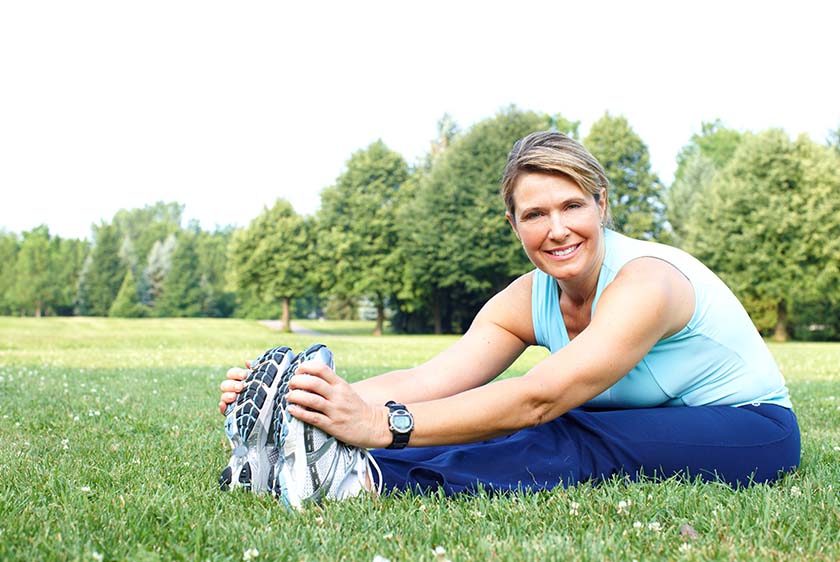
Ketones are a more efficient fuel source – your brain and body can use them much more easily than carbs.
That’s why many women report that the keto diet gives them an energy boost and mental clarity that they haven’t experienced in years (maybe even decades).
They also report experiencing less of the negative symptoms of menopause, which are actually the symptoms of high blood sugar that many men experience as they get older, too.
Fat is Your Friend During Menopause
You may have been taught that fat is the enemy of all health, and you may be wondering if you really should eat lots of fat.
The answer is… YES!
Fat is what makes all human and animal life possible. Actually, our brains are like 60% fat.
This is why women who go keto experience such an improvement in mood and memory — their brains are finally being nourished like they should be!
Another reason you need fat is because your body uses it as a raw material to make important hormones, which are essential for strong bones and muscles, a healthy immune system, good mood, and even energy.
The Challenges of Going Keto in Menopause
OK so now that I’ve established there’s no need to be scared of fat — in fact, it is actually necessary for great health — it’s time to figure out how to work much more fat into your diet.
The ketogenic diet requires that you get most of your daily caloric intake from fat, some from protein, and very little from carbs (in the form of vegetables).
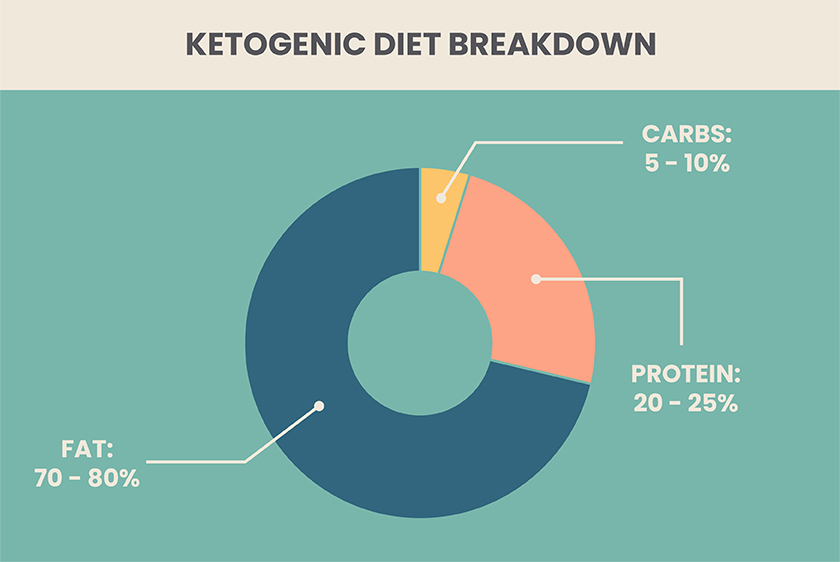
But if you’ve been preparing carb-heavy meals for most of your life, you may find that the keto diet is a huge learning curve that requires a lot of specialized, new knowledge.
In fact, you may already be asking questions like…
- How many grams of fat should I eat every day on the keto diet?
- What’s the most carbs I can have per day and still stay in ketosis?
- Do I still need to count calories if I’m getting enough fat?
- How can I make sure to get enough fiber if I’m not eating very many carbs?
- How do I make sure to get enough nutrients if I cut so many vitamin-rich fruits out of my diet?
You could spend countless hours consulting Dr. Google for all of these answers, but fortunately you don’t have to.
And for your own sake, I urge you to trust the experts that will take all of these questions into consideration.
The Right (And Easy) Way to Go Keto During Menopause
All it takes is 2 minutes to answer a few questions and you will be provided with a keto eating plan that is customized to your body type, age, eating preferences, and health goals.
Your balanced meal plan for every day includes breakfast, lunch, dinner, and snacks — all tailored to your food preferences and health goals.
For example: Lots of keto recipes include eggs because they are full of fat, but if you don’t like eggs, then your eating plan won’t include any meals with eggs.
Once you’ve approved your eating plan for the week then it’s off to the grocery store with the shopping list we provide for you.
(Just your regular grocery store, by the way — not a fancy, pricey health food store).
And if you have any questions, you can get them answered any time of day or night by a professional nutritionist who specializes in the keto diet.
As you can see, all the thinking and calculation have been done for you.
Thousands of women over 50 are getting great results with their customized keto eating plan.
So if you want to look and feel great again, then try eating these delicious, menopause-friendly meals.
Comments (3)
Leave a comment
Thank you for your comment
This was so inspiring to read!!! Thank you for highlighting the struggle of dieting on menopause. This will help so many women like me.
Keto Cycle all the way! Fab read, and brings the menopause struggle out in the open. Will definitely have to give this ago!
So pleased others are finding out about Keto Cycle. I have used them for nearly a year now, so have my family!